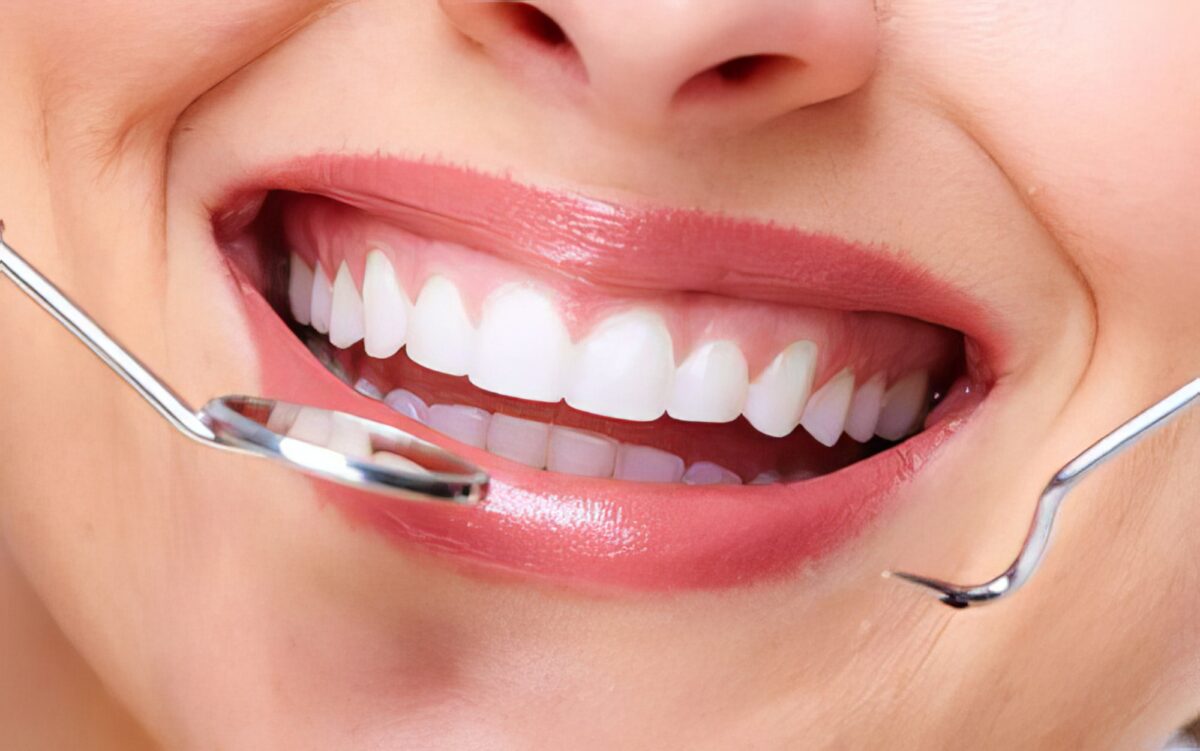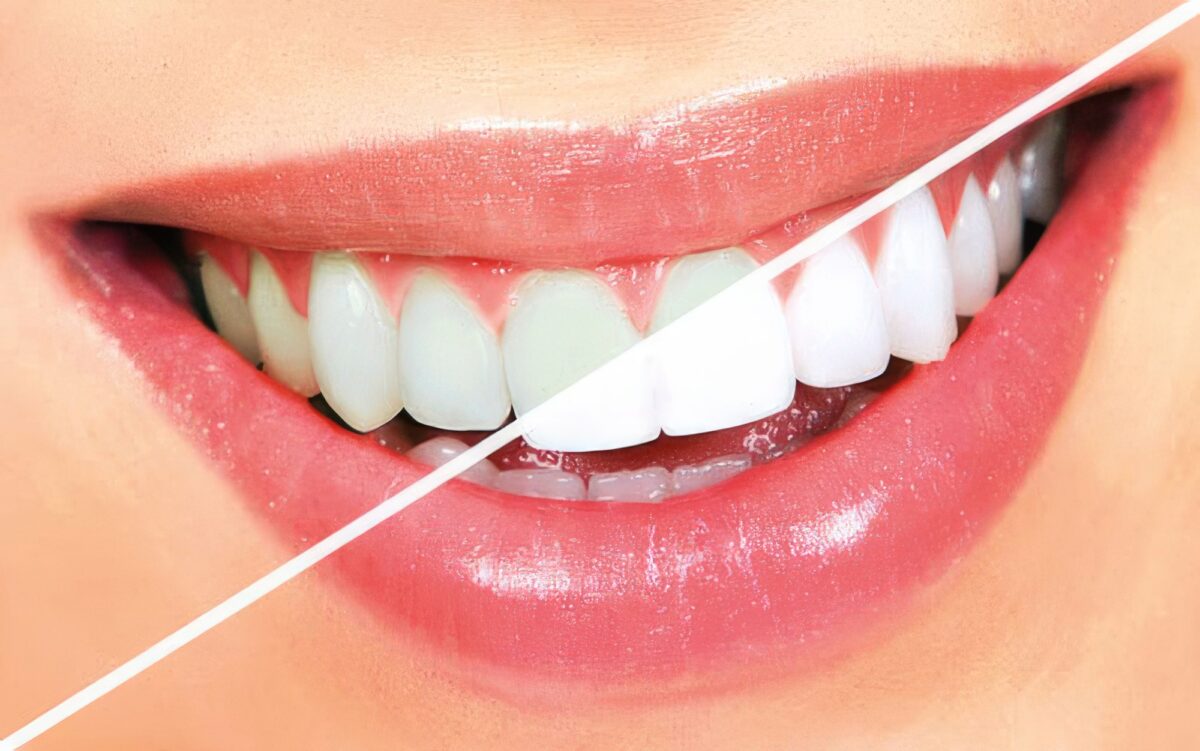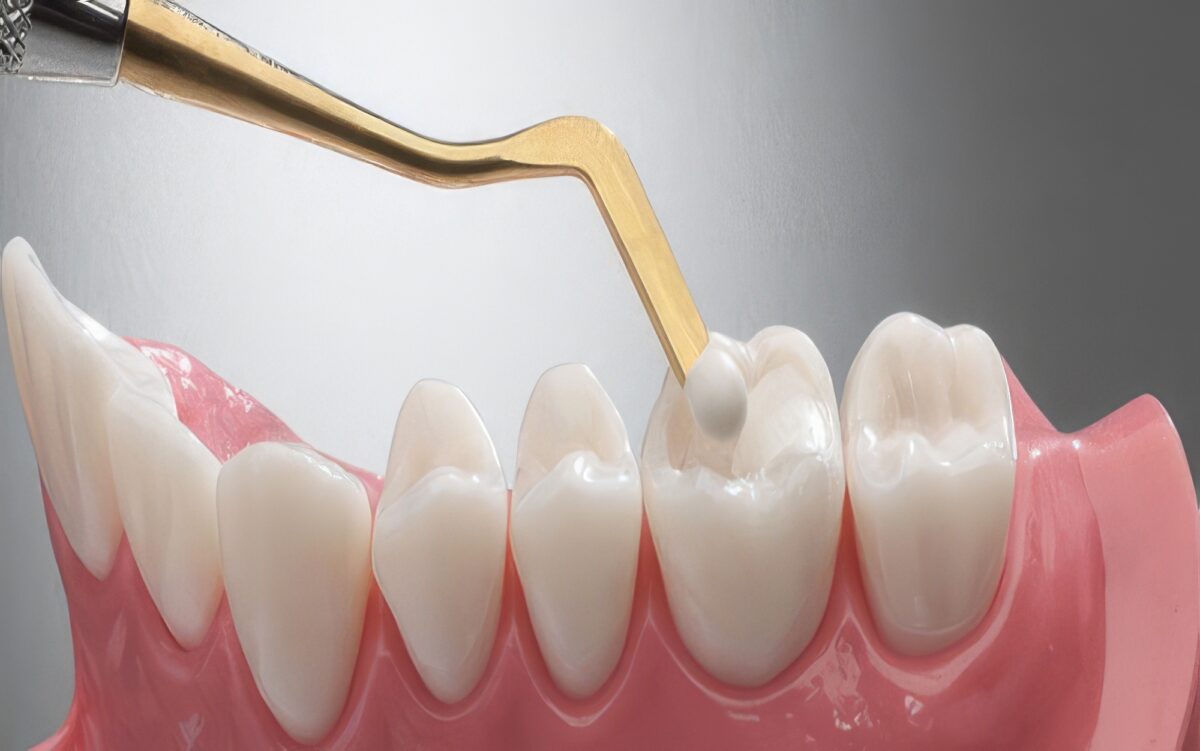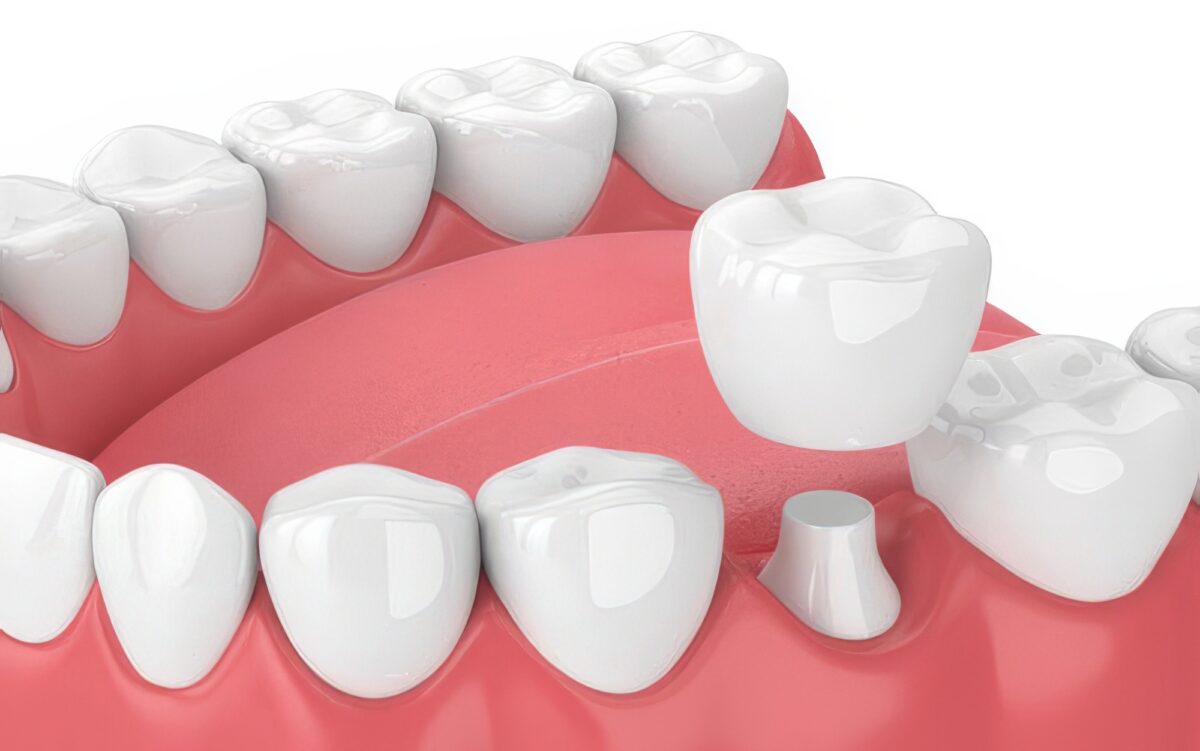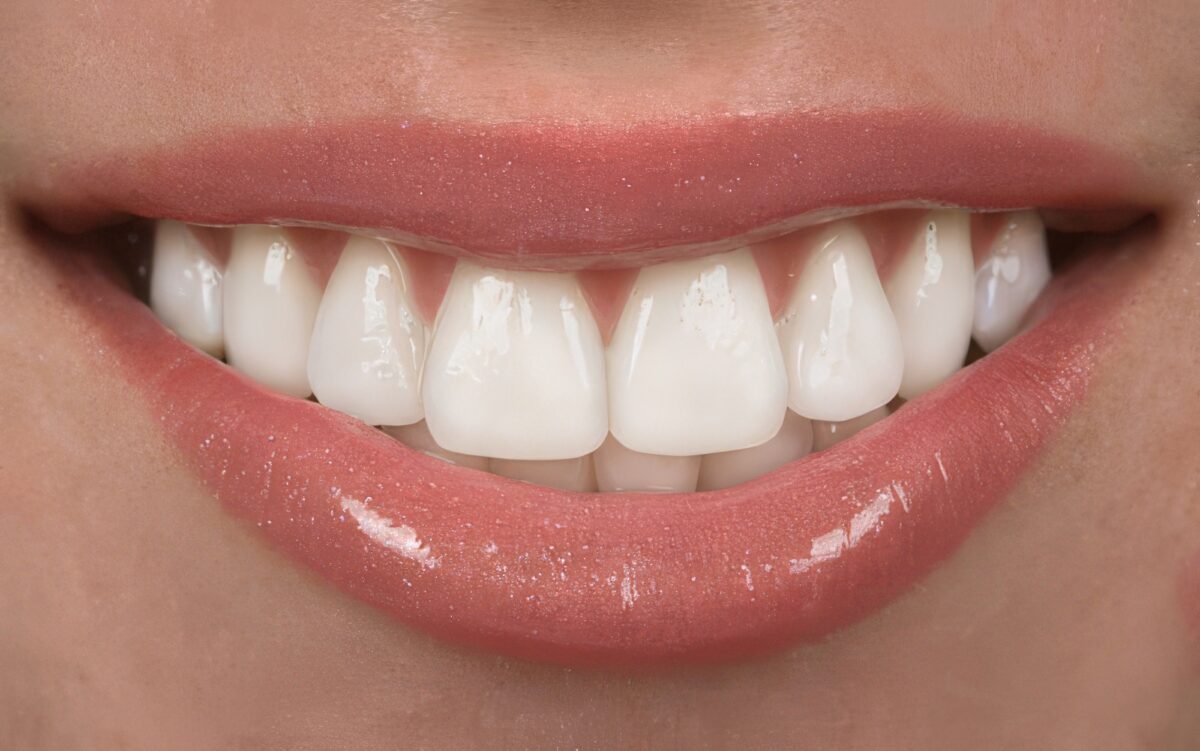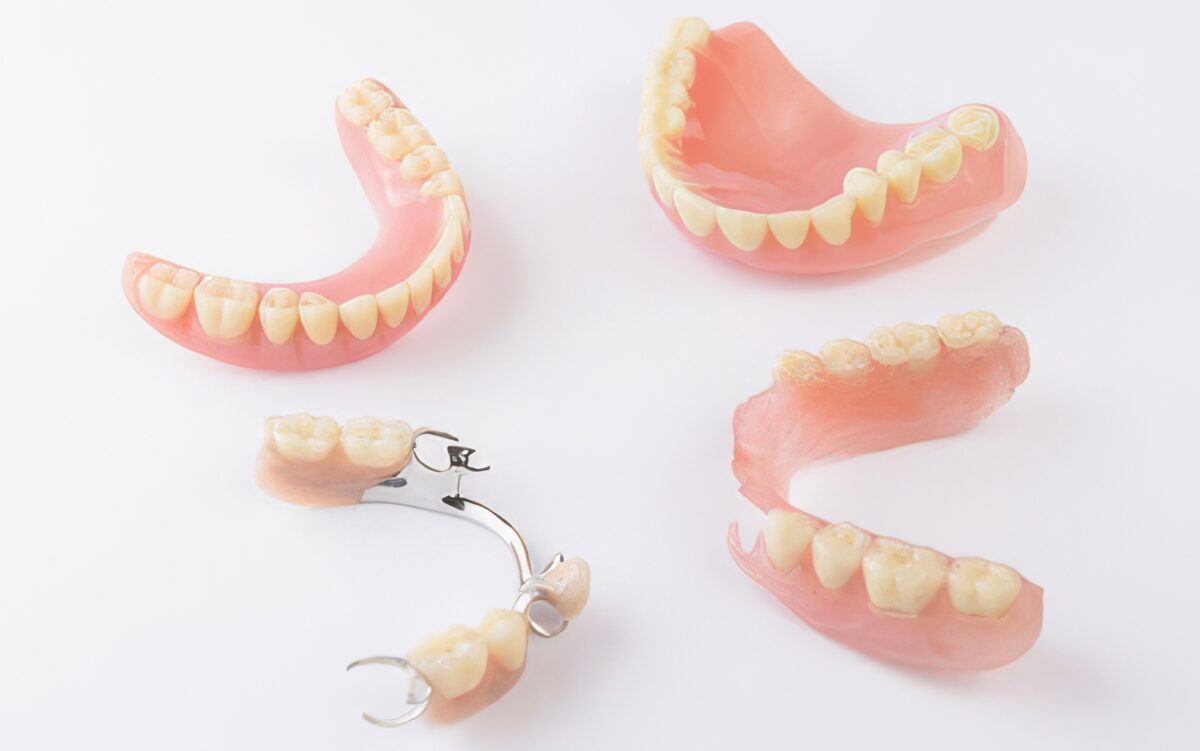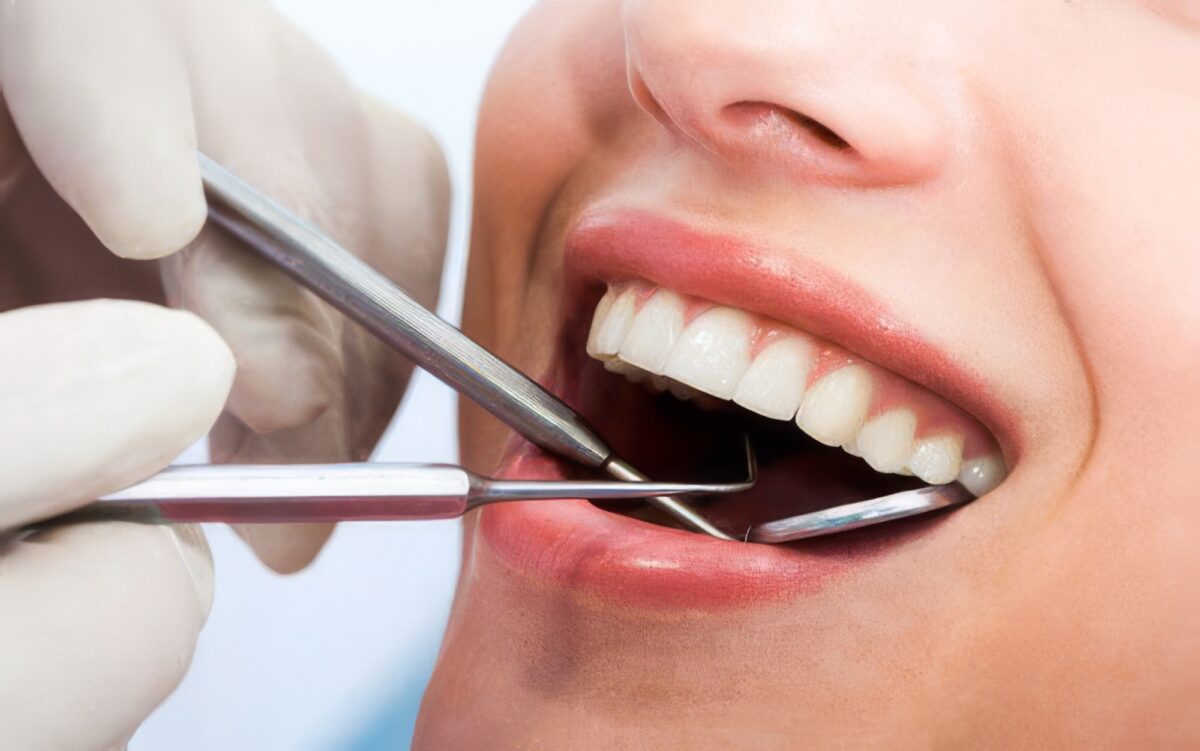Porcelain Veneers: Achieve Your Perfect Smile
What Are Porcelain Veneers?
Porcelain or ceramic veneers are a top choice in cosmetic dentistry for a flawless smile. These thin, tooth-colored shells attach to the front of teeth to enhance their appearance. Porcelain veneers effectively address chipped, broken, discolored, or small teeth.
Dentists bond these veneers permanently to the teeth using porcelain or resin-composite materials. Some people get a single veneer for a broken tooth, while many opt for six to eight veneers for a symmetrical smile. Dentists usually treat the top front eight teeth.
Types of Dental Veneers
Dental veneers come in different types, each with unique benefits:
Porcelain Veneers:
- Process: Dentists grind down teeth and take impressions to create a mold. Temporary veneers may be used until the permanent ones are ready.
- Technology: Some dentists use CAD/CAM technology for on-site design and production.
- Benefits: These veneers are strong, long-lasting, and resistant to stains.
Composite Resin Veneers:
- Process: The dentist etches the tooth surface and applies a thin layer of composite material, then hardens it with a special light.
- Benefits: They require less tooth removal, can be applied in one visit, and are easier to fix but may not last as long as porcelain.
No-Prep Veneers:
- Brands: Examples include Lumineers and Vivaneers.
- Process: They are less invasive, affecting only the enamel. Typically, they do not require local anesthetics or temporary veneers.
- Benefits: Minimal tooth preparation and quicker application.
Choosing the Right Veneers
Several factors influence the choice of veneers:
- Cost: Porcelain veneers are more expensive than composite resin veneers.
- Installation Process: Porcelain veneers may require multiple visits, while composite veneers can often be done in one visit.
- Durability: Porcelain veneers can last 10-15 years or more with proper care. Composite veneers typically last 5-7 years.
- Aesthetic Appeal: Porcelain veneers offer a natural look and resist staining.
Benefits of Dental Veneers
Porcelain veneers can dramatically enhance your smile. They address:
- Broken or chipped teeth
- Severe discoloration
- Gaps between teeth
- Smaller-than-average teeth
- Pointed or unusually shaped teeth
Preparing for Your Veneer Appointment
An initial consultation with your dentist is essential before getting veneers. This appointment involves discussing your options and determining the number of veneers needed. The dentist will take X-rays to assess your teeth’s health, checking for decay, gum disease, or the need for root canals.
At your next appointment, the dentist will trim about half a millimeter of enamel from your tooth. They will take a mold and send it to a lab to create your veneers.
Porcelain Veneer Placement Process
The process of getting ceramic veneers typically involves three stages over six weeks:
- Consultation: Discuss your dental concerns and preferences for tooth color and shape. The dentist will conduct a comprehensive dental examination and X-ray imaging.
- Tooth Preparation and Molding: The dentist uses local anesthesia or sedation for comfort, removes a small amount of enamel, and takes molds to create your veneers.
- Placement and Adjustment: The dentist bonds the new veneers to your natural teeth, polishes them, and makes necessary adjustments. Follow-up appointments may be scheduled.
Composite resin veneers follow a shorter process. The dentist shapes and hardens the material before bonding it to your teeth.
Aftercare for Porcelain Veneers
Once your veneers are placed, the recovery process is short. Here are some tips for maintaining your veneers:
- Avoid chewing on hard objects like pens, ice, or fingernails.
- Use your back teeth for harder foods and cut them up if necessary.
- Wear a mouth guard if you play sports or grind your teeth at night.
- Brush and floss regularly to prevent cavities beneath the veneers.
- Schedule regular cleanings and follow-up appointments with your dentist.
Longevity and Restoration of Veneers
Porcelain veneers typically last 10-15 years. With excellent care, they can last over 20 years in contrast to composite veneers which last about 5-7 years and chip or discolor over time.


